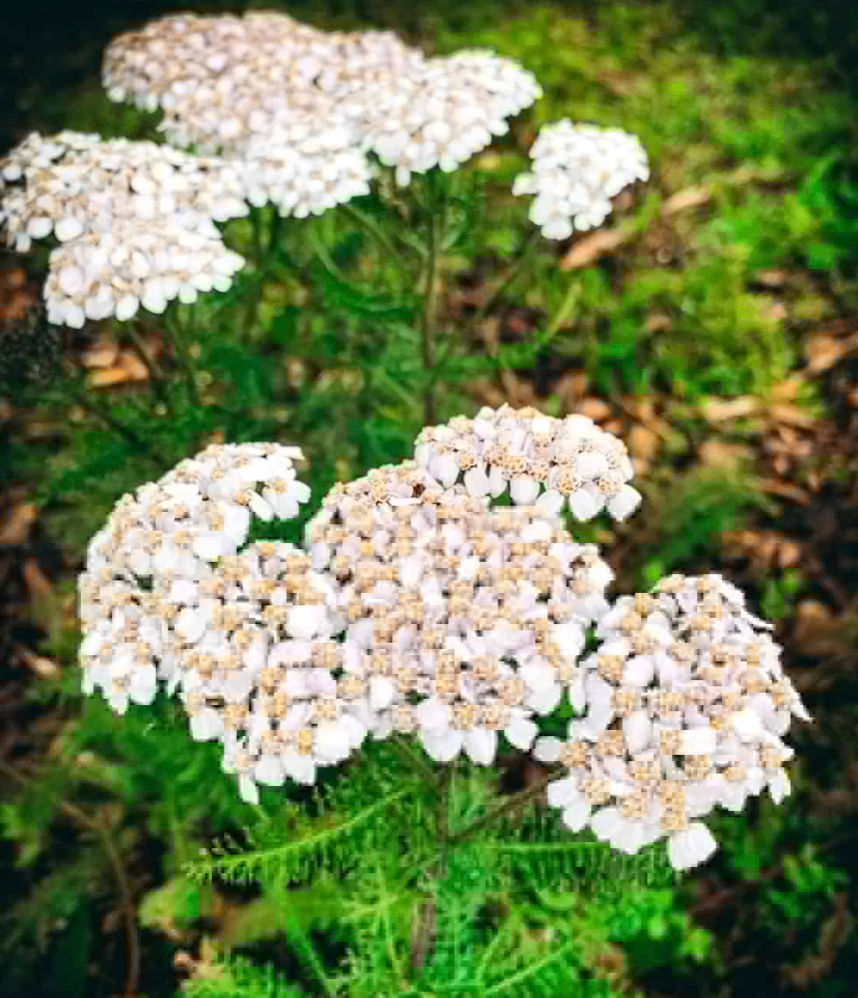The Pancreas
- Ally van de Pol
- May 8, 2025
- 4 min read
Do You Know What It Does?
Many people do not know what this six inch long and important organ, located in the upper abdomen, does. However in today’s high stress world, I believe it’s taking a big hit as well as its digestive counterparts.

Firstly, let’s look at what the pancreas does:
-Produces hormones including glucagon, insulin, gastrin, amylin, somatostain, ghrelin and pancreatic polypeptide.
-Makes digestive enzymes; amylase, lipase, protease, trypsin and chymotrypsin which help break down your food so that your body can absorb the nutrients
And while every organ and system has an impact on another in the human body, as the pancreas is situated next to the duodenum (part of the small intestine), so any condition affected by the small intestines or the pancreas will affect the other acutely.
If your pancreas is not working optimally, symptoms could include:
-Increased thirst
-Frequent urination
-Losing weight unintentionally
-Abdominal pain which may spread to the back
-Exhaustion with no apparent cause
-Increased or reduced appetite
-Blurred vision
-Numbness or tingling sensations in hands or feet
-Jaundice
-Nausea or vomiting
-Diarrhea, or unusually greasy, foul smelling or light coloured stools
-Dark urine
-Ulcers that take a long time to heal
-Getting repeated infections
-Very dry or itchy skin
-Unexplained fever
The Most Common Pancreatic Conditions are:
-Diabetes – type I & II, gestational diabetes- when insulin levels are too high or the pancreas can’t make enough insulin, or the body can’t use it properly
-Pancreatitis- inflammation of the pancreas- most commonly caused by excess alcohol consumption, gallstones blocking the common bile duct, inherent weaknesses, medications
-Pancreatic Cancer- risk factors include smoking, ageing (unhealthily) and inherent weakness
-Exocrine Pancreatic Insufficiency (EPI)- where the pancreas can’t make enough digestive enzymes, they can’t reach the intestines properly or the intestines struggle to use them properly. This condition is more likely to occur with people with a pre-existing
Pancreatic condition like pancreatitis or pancreatic cancer, as well as cystic fibrosis
Why Pancreatic Issues are More Common than People Know in Today’s World:
-Stress is high, which means that cortisol is high, which means that insulin is high. This basically wears out the pancreas
-Many people self-medicate their stressful life with alcohol, which makes the problem even worse
-Most people have sub-optimal digestive systems. People think that pooping 2-3 times per week is normal. Unfortunately, pooping 2-3 times PER DAY is normal. Sub optimal digestion will impact the workings of the pancreas.
Western Medicine Treatments
Typical treatments depend upon the condition but could include insulin via daily injection, lifestyle changes (although most doctors are typically not good at prescribing these) medications including antibiotics and steroids, surgery, chemotherapy, radiotherapy, immunotherapy, antibiotics, enzyme supplements.
How Naturopathy Can Help Pancreatic Issues
Naturopathy helps the body to heal naturally by optimising the function of organs and systems, rather than use sticky plasters.
How I 'Diagnose':
I look at the body as a complete system, so while symptoms point to where the issue could be stemming from, it's important to discover the underlying cause. This is how Iridology helps me. When I see the colour orange in somebody's iris, it's a telltale sign that the pancreas is either challenged or there is an inherent weakness (which means it needs looking after). Digestive and liver issues may also point to a suboptimal pancreas. Listening to an individual talk about when the symptoms first appeared, what other symptoms they are experiencing, as well as emotional an dmental helath concerns, can be insightful.
In TCM, the pancreas (and the spleen pancreas system) is linked to worry, anxiety and overthinking. TCM believes that excessive worry can weaken the pancreas, while a weak pancreas can cause the individual to worry.
Bearing this all in mind, you can just imagine how much stress, which is a fear based emotion, affects your pancreas
-Address Health 101s First:
-Ensure nutrition is en pointe with a balanced whole food organic diet
-Ensure sleep is sufficient and restful
-Ensure stress is managed and trauma is healed
-Ensure hydration is optimal with filtered and structured water
-Ensure exercise is taken- ideally daily, preferably cardiovascular and resistance
-Ensure rest and relaxation activities (preferably outside in nature) are taken
-Expose body to sunshine and sunlight
-Ground
-Delete toxins and chemicals from your life; alcohol, smoking, drugs, vaccines, personal cleansing chemicals, house cleaning chemicals, chemical fragrances and perfumes.
Then:
-Optimise digestive system; smoothie, juice, water fasts, liver and gallbladder cleanses, enemas, castor oil packs
-Chlorine dioxide and DMSO for optimal cell health and detoxification
-Herbs to optimise digestive health, specifically dandelion root, licorice root. Oregon grape root and milk thistle amongst others
-Food to optimise digestive enzymes; pineapple and papaya, fermented products, mono-meals
Overall, the pancreas is an important organ, and like any other, not to be overlooked. It's essential to take a holistic approach to your health, strating off with the basics and building from there.
Ally van de Pol is a Certfied Naturopath through the School of Natural Medicine (UK); Healing Diets Coach, Iridology Consultant and Herbal Medicine Therapist




Comments